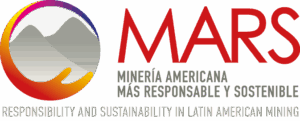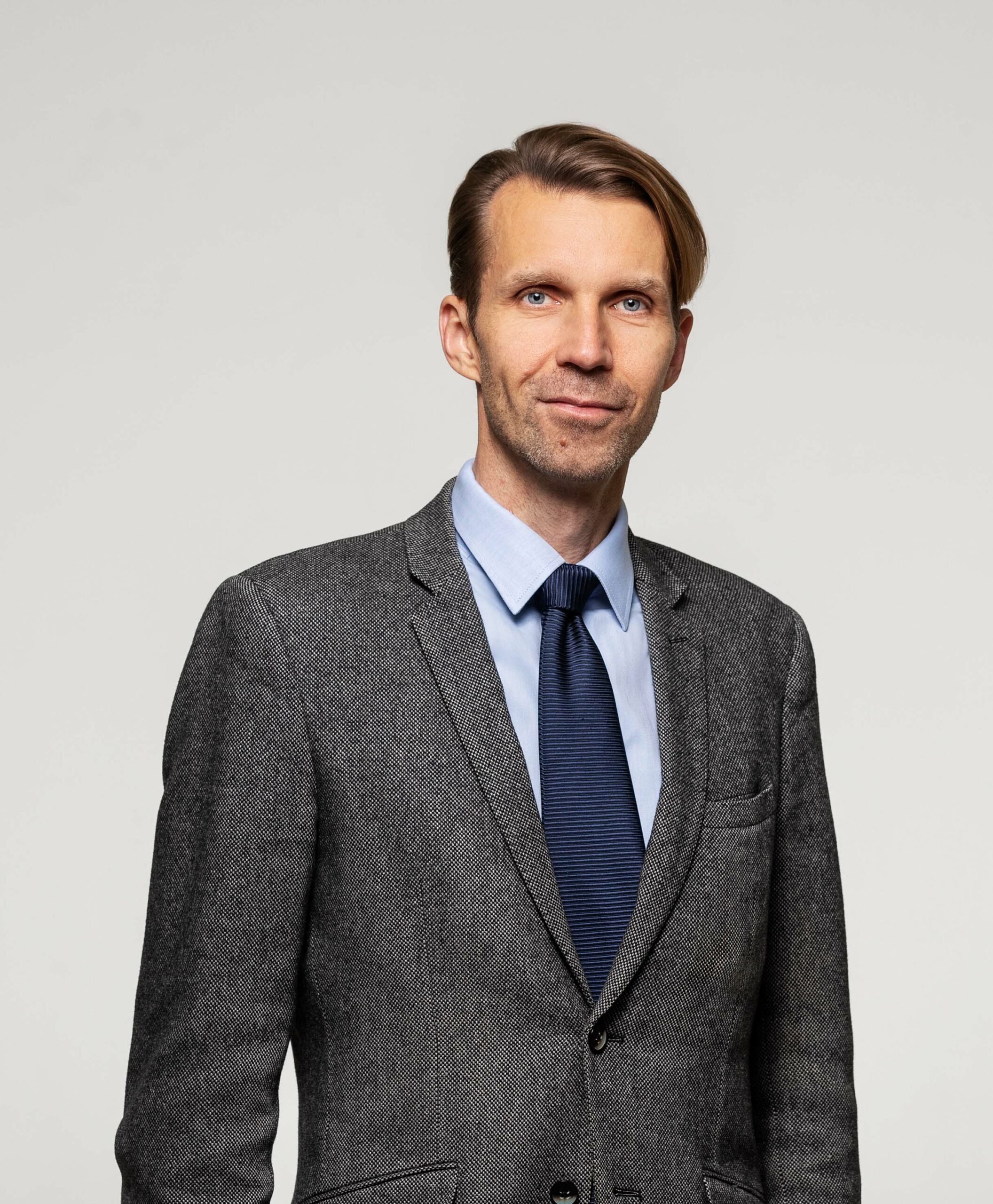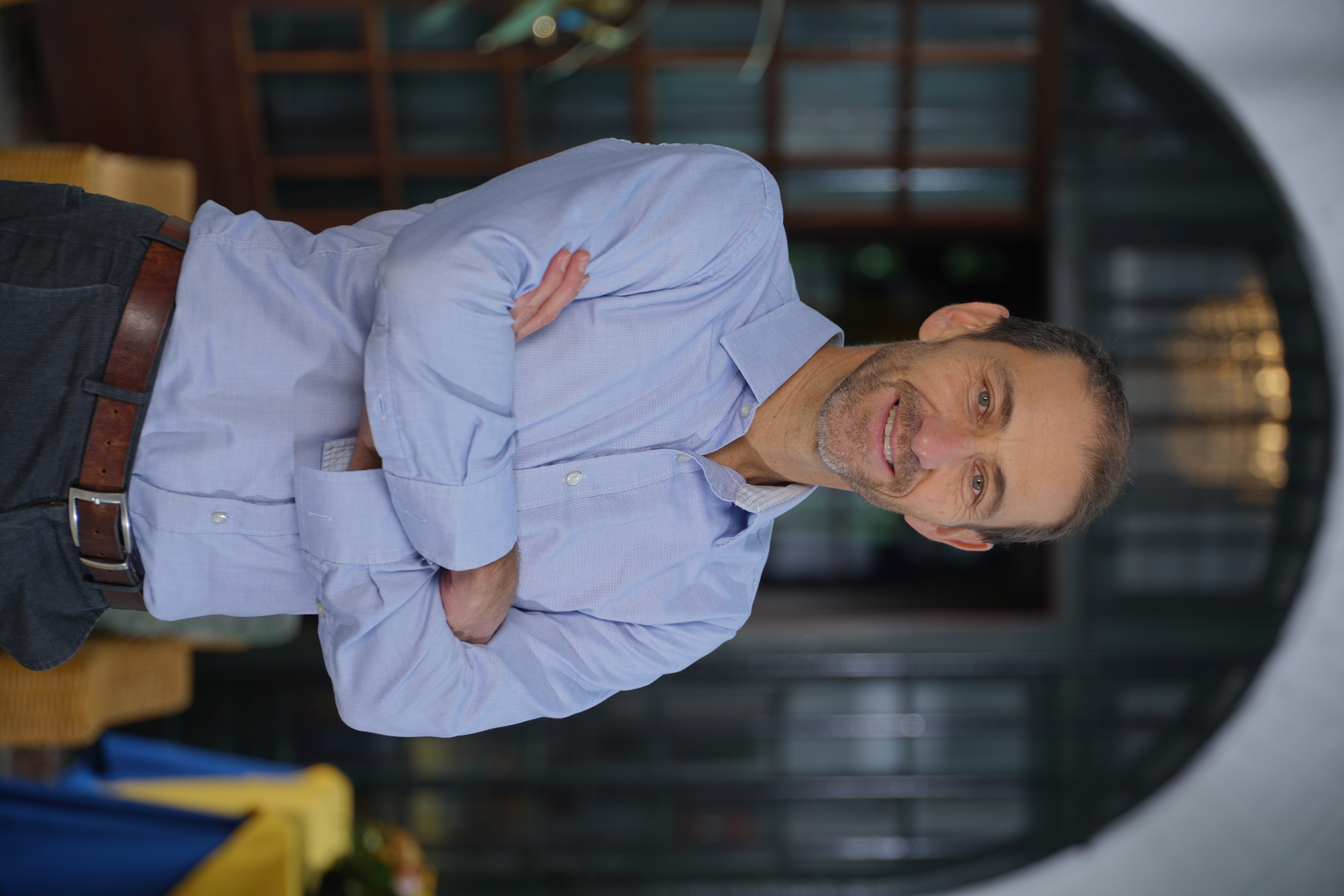NEWSLETTER
May - June 2025 / Volume 1
At MARS, we are convinced that dialogue and collaboration among the business, public, and social sectors are the path to building solutions to the social, environmental, and governance challenges facing transition mining in Latin America, which generate positive changes and concrete benefits for everyone. On this occasion, we want to highlight some significant events that drive us to continue this path hand-in-hand with our allies and stakeholders, for mining with purpose in Latin America
“Mining is more a unifying force than a divisive one.”
Juan Camilo Nariño
President of the Colombian Mining
Association - ACM
Lanzamiento del Programa MARS en Colombia
On May 27th, Bogotá hosted the launch of the MARS Program in Colombia: ‘Advancing Towards More Responsible and Sustainable Mining.’ This event brought together leaders from the public and private sectors, the scientific community, and civil society to foster constructive dialogue around more responsible and sustainable mining.
The day provided an opportunity to reflect on the strategic role of mining in the global energy transition, especially in Latin America. The imperative need to anticipate its potential impacts was highlighted, ensuring inclusion, effective governance, and lasting benefits for communities. At MARS, we are convinced that dialogue and collaboration among the business, public, and social sectors are the path to building solutions to the social, environmental, and governance challenges facing transition mining in Latin America, which generate positive changes and concrete benefits for everyone. On this occasion, we want to highlight some significant events that drive us to continue this path hand-in-hand with our allies and stakeholders, for mining with purpose in Latin America. ‘
International experts from Sweden and Peru set the tone for the discussion at the event, demonstrating that sustainability, innovation, and competitiveness are compatible objectives.
Following the high-level dialogue, two multistakeholder working groups were held, focusing on small-scale gold mining and copper development. They analyzed crucial challenges and opportunities for the sector’s future, such as formalization, interinstitutional coordination, traceability, and the implementation of sustainability standards adapted to the local context.
The success of this event marks a milestone for the MARS Program in Colombia, by providing essential input for the consolidation of its ‘Laying the Foundations’ phase, which is nearing completion. This event also opens the opportunity to continue promoting technical exchange with national and international experts and allies on formal small-scale gold mining and the development of responsible copper mining.
Connecting Leadership and Alliances for Territorial Development in Peru
On June 3rd, the workshop “Connecting Leadership and Weaving Alliances for Territorial Development” was held in Cajamarca. This space for exchange and co-creation was convened by NIR, the IDB, and R4D, with the valuable support of ICSI. The Peru Impact Project event brought together Karin Metell, Director for Latin America at the Swedish International Development Cooperation Agency (SIDA), along with leaders from the public and private sectors and civil society from Cajamarca, Moquegua, Pasco, Chumbivilcas, and Lima. Their active participation enriched the dialogue, marking a milestone in building alliances for sustainable territorial development. The experiences of Cajamarca and Moquegua will serve as inspiration for the processes beginning in Chumbivilcas and Pasco. The energy and commitment of the attendees open the door to a network of inter-territorial collaboration. Soon, a Multi- Stakeholder Dialogue Guide will be developed based on these experiences, and specific training workshops will be initiated in Chumbivilcas and Pasco to strengthen leadership and formal dialogue among different actors in these localities.
“Our aim is community development, achieved through mining that both advances progress and ensures environmental conservation. (…) “
Representative of civil society from
Chumbivilcas,
Peru
Inaugural Regional Dialogue on Sustainable Mining
The 2025 business sector plan kicked off with great participation, including political and technical leaders from the region’s mining associations. Christine Bäckström, CEO of NIR, opened the event by highlighting that “[Latin America] has the historic opportunity to become the world’s leading provider of responsibly extracted minerals.” These meetings are an unprecedented combination of scope, focus, and theme. The first session launched virtually last Tuesday, June 10, and focused on strengthening the business case for Corporate Sustainability. It featured prominent panelists from companies like Newmont, Sandvik, and S&P Global. This session marks the first step in a work plan designed to promote an exchange of experiences and perspectives among peers, along with training and other initiatives. Together, these efforts are meant to boost the region’s competitiveness and standing by raising the mining industry’s standards for Responsible Business Conduct.
Countries:
Argentina
Bolivia
Chile
Colombia
Equador
Peru

New Alliance with OECD
On May 27th, Bogotá hosted the launch of the MARS Program in Colombia: ‘Advancing Towards More Responsible and Sustainable Mining.’ This event brought together leaders from the public and private sectors, the scientific community, and civil society to foster constructive dialogue around more responsible and sustainable mining.
The day provided an opportunity to reflect on the strategic role of mining in the global energy transition, especially in Latin America. The imperative need to anticipate its potential impacts was highlighted, ensuring inclusion, effective governance, and lasting benefits for communities. At MARS, we are convinced that dialogue and collaboration among the business, public, and social sectors are the path to building solutions to the social, environmental, and governance challenges facing transition mining in Latin America, which generate positive changes and concrete benefits for everyone. On this occasion, we want to highlight some significant events that drive us to continue this path hand-in-hand with our allies and stakeholders, for mining with purpose in Latin America. ‘
International experts from Sweden and Peru set the tone for the discussion at the event, demonstrating that sustainability, innovation, and competitiveness are compatible objectives.
Following the high-level dialogue, two multistakeholder working groups were held, focusing on small-scale gold mining and copper development. They analyzed crucial challenges and opportunities for the sector’s future, such as formalization, interinstitutional coordination, traceability, and the implementation of sustainability standards adapted to the local context.
The success of this event marks a milestone for the MARS Program in Colombia, by providing essential input for the consolidation of its ‘Laying the Foundations’ phase, which is nearing completion. This event also opens the opportunity to continue promoting technical exchange with national and international experts and allies on formal small-scale gold mining and the development of responsible copper mining.
Our Partners





